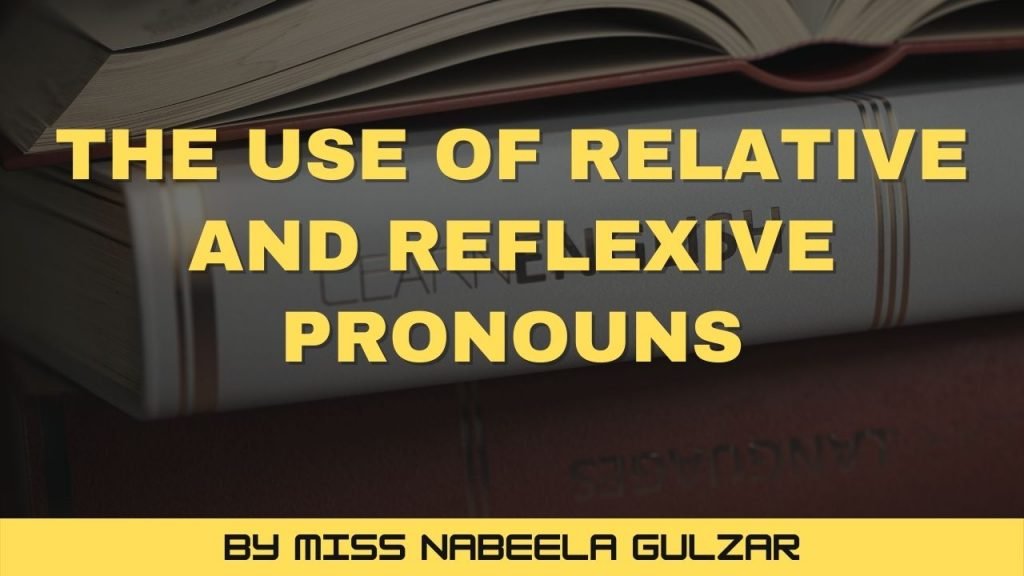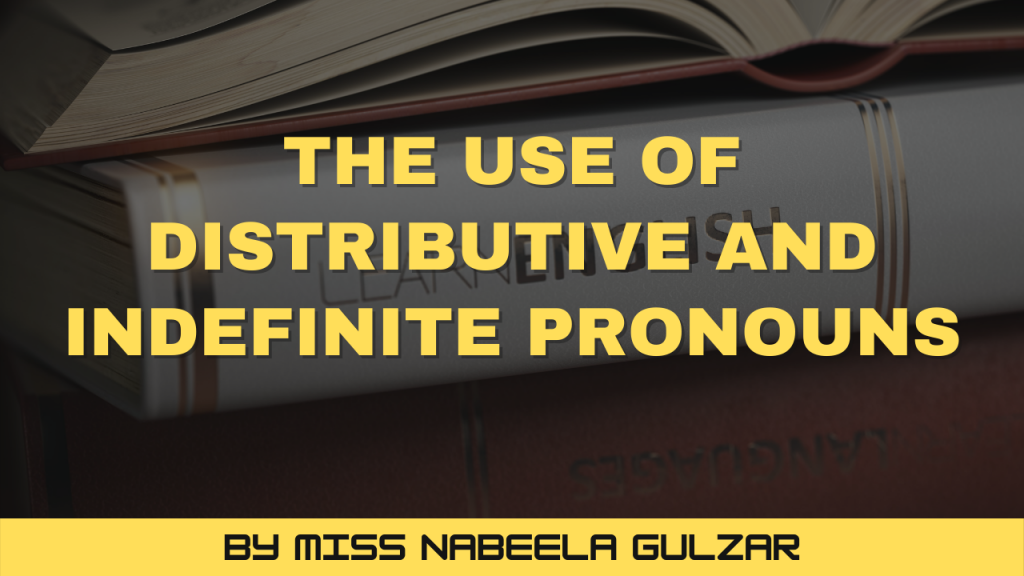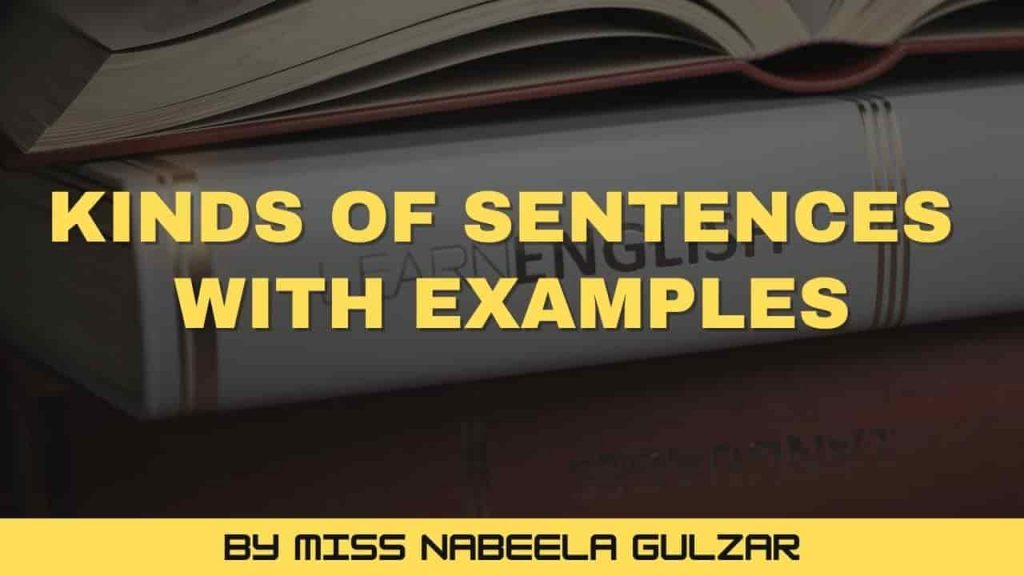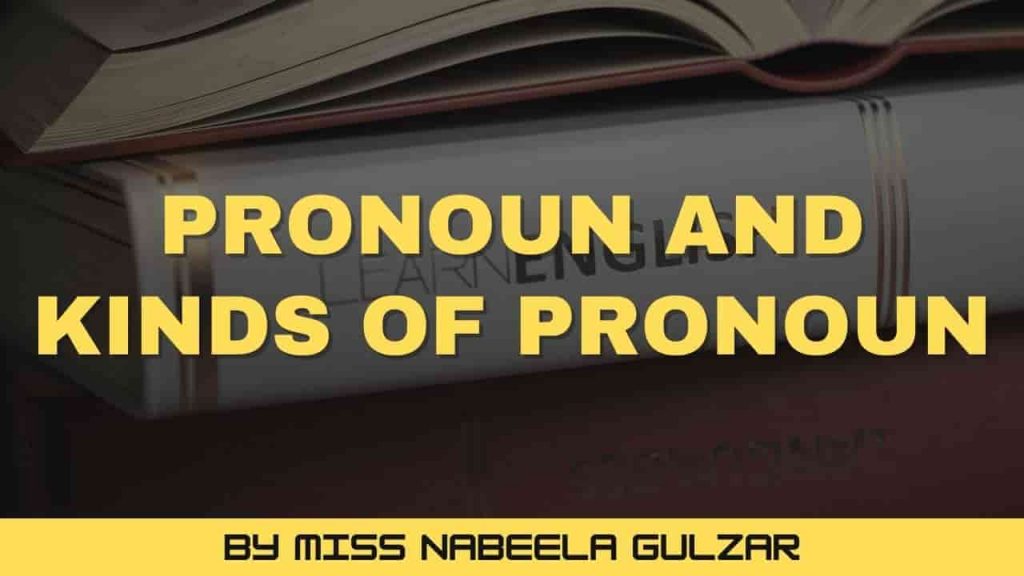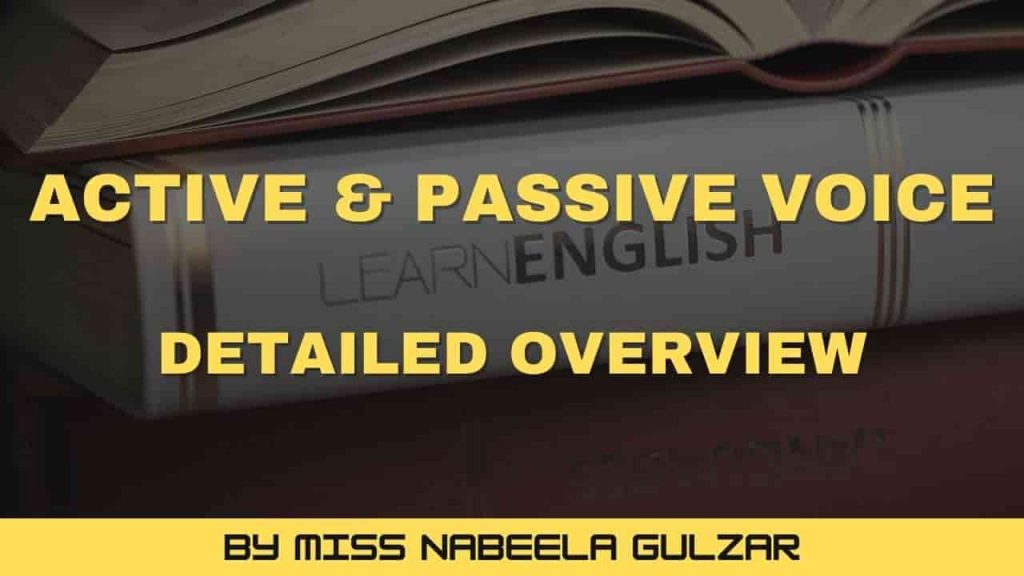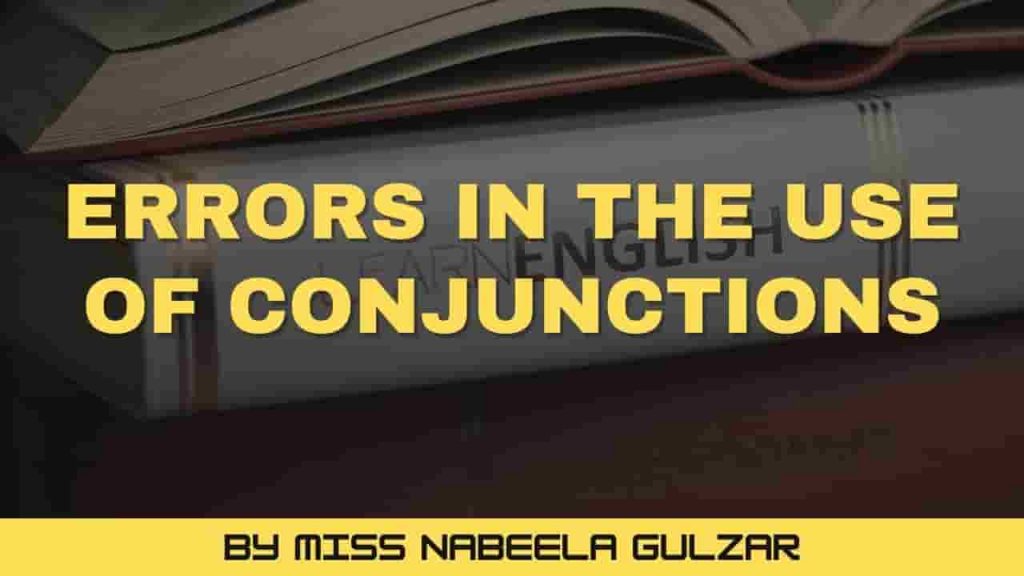The use of relative and reflexive pronouns
Relative Pronoun: A relative pronoun refers to some noun going before it. Who, whom, which, that, whose, are relative pronouns.
As: This is the book which I want to buy.
The use of who, whom and whose
1. Who, Whom
Both are used with persons.
i) Who indicates the subject.
As: The woman who lives next door is a doctor.
Here ‘who’ is the subject.
Sometimes who\that\ which is the object of the verb
(a) The woman who I wanted to see was away on holiday.
Here ‘who’ is the Object.
‘I’ is the subject.
ii) whom indicates the object.
The man whom I saw was tall.
Here ‘I’ is the subject.
‘The man’ is the object.
Note: While using who and whom, always remember that they can write in place of each other. But whom is given preference informal English and who is in spoken English.
Example:
The woman whom I wanted to see was away on holiday. (Correct) (Formal English)
The woman who I wanted to see was away on holiday. (Correct) (Spoken English)
We can also use whom with a preposition ( to whom, from whom, with whom).
As: The girl with whom I work is nice.
2. The use of whose
Whose is used to show the possession of a person.
As: This is the boy whose leg is fractured.
3. “Which” is used to indicate animals, non living things and vermin.
As: My friend has a dog which is good at hunting.
4. “That” is used with animals and persons as well.
The cow that I bought yesterday died. (Correct)
The boy that stole my pencil was absent.(Correct)
Common Errors in the use of Relative Pronoun
The relative pronoun agrees with the antecedent in number and person.
Examples:
1. It is I who is to blame. (Incorrect)
It is I who am to blame. (Correct)
2. It is they who is ill. (Incorrect)
It is they who are ill.(Correct)
3. This is the bird who sing. (Incorrect)
This is the bird which sings. (Correct)
The use of ‘That’
That is used for persons, things and animals. It is used in the Nominative case but it is used in the possessive case.
The buffalo who was bought yesterday ran away. (Incorrect)
The buffalo that was bought yesterday ran away. (Correct)
That is used:
(a) when a superlative degree is placed before the antecedent.
He is the most intelligent boy who I had ever seen. (Incorrect)
He is the most intelligent boy that I had ever seen. (Correct)
(b) when the antecedent has a numeral adjective qualifying it.
The fourth boy who wears a red coat, is my cousin. (Incorrect)
The fourth boy that wears a red coat,is my cousin. (Correct)
(c) use “that” after ‘all, only and any’.
As: All that glitters is not gold.(Correct)
Be careful in the use of Relative Pronouns:
While writing relative pronouns, be careful to place (who,that,or which) close to the words they refer to.
Examples:
1. I want a teacher for my son who is fifty.(Incorrect)
I want a teacher who is fifty for my son.(Correct)
2. He sold the horse for five hundred rupees which he bought
yesterday.(Incorrect)
He sold the horse which he bought yesterday, for five hundred.(Correct)
Reflexive Pronoun
A reflexive pronoun is a pronoun that refers back to the subject. Reflexive pronouns are used to denote the turning of action upon the doer. They are commonly used to refer to action, where the subject and object are the same persons. They are formed by adding “self” to my, your,him,etc. Sometimes reflexive pronouns are used immediately after the subject to make the sentence stronger.
As: I myself went there. (Correct)
1. The following verbs immediately take the reflexive pronouns after them. It is used according to subject.
Avail, absent, avenge, enjoy, exert, make, help and acquit.
Examples:
1. I didn’t avail of the opportunity. (Incorrect)
I didn’t avail myself of the opportunity. (Correct)
2. Let us enjoy. (Incorrect)
Let us enjoy ourselves. (Correct)
3. He avenged on the king. (Incorrect)
He avenged himself on the king. (Correct)
Note: Don’t use reflexive pronouns if there is an object after ‘enjoy’.
Example:
He enjoyed himself the match.(Incorrect)
He enjoyed the match.(Correct)
2. No Reflexive Pronoun with the following verbs.
Hide, qualify, enlist keep, feel, relax, wash, shave, resign, specialize and dress
Examples:
1. He soon began to feel himself better. (Incorrect)
He soon began to feel better. (Correct)
2. The king hid himself in the cave.(Incorrect)
The king hid in the cave.(Correct)
3. He qualified himself as a typist. (Incorrect)
He qualified as a typist. (Correct)
Hopefully, your concept about The use of Relative and Reflexive Pronouns is clear now, This lecture is part of the whole series of English Grammar by Miss Nabila Gulzar, For Other Lectures Click Here also We have an Essay on every topic, Check the complete list here. If you are Studying in Matric Free Video Lectures of Maths, Physics and English are here, and if we got you covered for I.COM Business Maths also.

